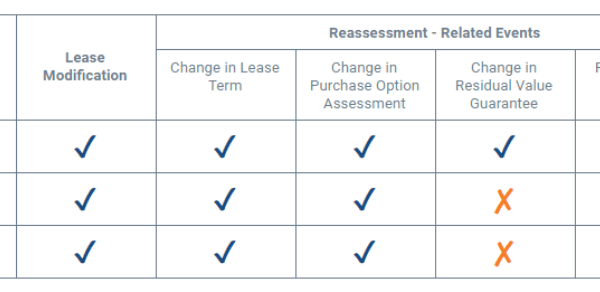This post originally appeared on Marketplace Advertiser, Connected Real Estate Magazine and is republished with permission. Find out how to syndicate your content with theBrokerList.
Judge rules retailer Guess? Must pay rent despite COVID-19 hardships.
A Guess? Retail Inc. Clothing store in Miami Beach has been ordered to pay rent despite COVID-19-related hardships, GlobeSt.com reports. Attorneys say the ruling is the first of its kind in Miami-Dade County. The retailer alleged the pandemic left it unable to rent. The store refused to pay rent when it closed operations in March 2020. Guess said it did so to protect its customers’ and employees’ safety and health, as well as comply with government safety guidelines.
“This seems to be a case of the first impression in South Florida that will likely be relied upon by other jurists as litigation regarding force majeure provisions move through the court system,” said Bruce Weil of Boies Schiller Flexner, one of the attorneys who represented the landlord, The Denison Corp.
A force majeure clause is often found in leases. The clause sometimes lets a party out of its contractual obligations when there are circumstances beyond their control or “an act of God.” Weil argued there wasn’t anything out of the ordinary about this case, however. Guess’ lease stated the force majeure clause covered, “acts of God, labor disputes (whether lawful or not), material or labor shortages, restrictions by any governmental authority, civil riots, floods, or other cause beyond the control of the party asserting the existence of force majeure.”
Additionally, the lease terms noted that, “Notwithstanding anything to the contrary in this lease, tenant shall not be excused from payment of base rent, operating costs, or any other sum due under this lease by reason of force majeure.”
After review, Miami-Dade Circuit Judge Peter R. Lopez found that the force majeure clause in The Denison Corp.’s lease was unambiguous. The judge ruled that Guess had to pay rent even during a pandemic. Lopez’ ruling is a victory for landlords who need to collect rent to pay their own expenses and continue their building operations. Weil said he hopes that landlords and tenants can work together to avert future lawsuits as the COVID-19 pandemic has been difficult for everyone.
Weil and his associates predict that this Guess lawsuit will change how contracts are written going forward. It’s likely that leases will be structured so pandemics are named as a force majeure incident specifically, GlobeSt.com reports.
“Force majeure clauses are certainly going to be scrutinized going forward because of the pandemic, with both landlords and tenants seeking clarity about what circumstances excuse performance under a lease,” Weil said.
Mark Steiner of Liebler, Gonzalez & Portuondo represented Guess and did not respond to GlobeSt.com’s request for comment.
Joe Dyton can be reached at [email protected].
The post Ruling in force majeure case could change how leases are written appeared first on Connected Real Estate Magazine.



